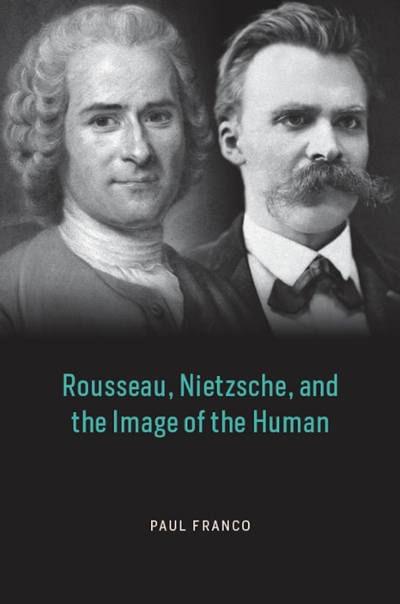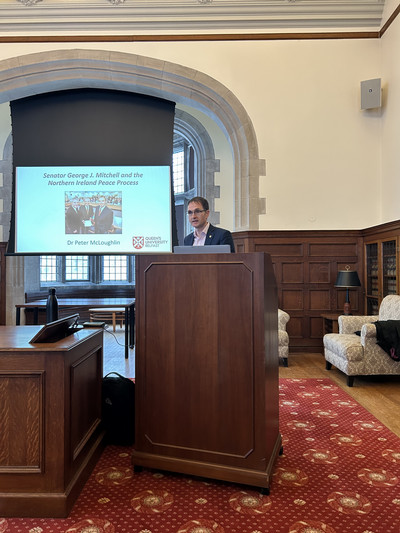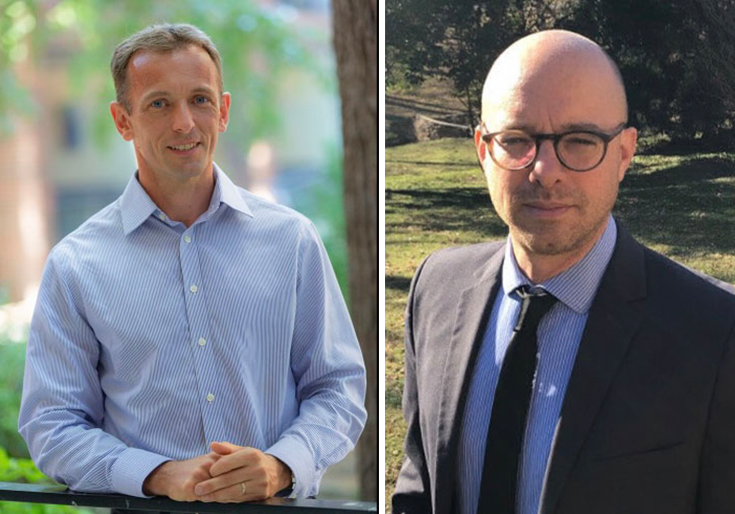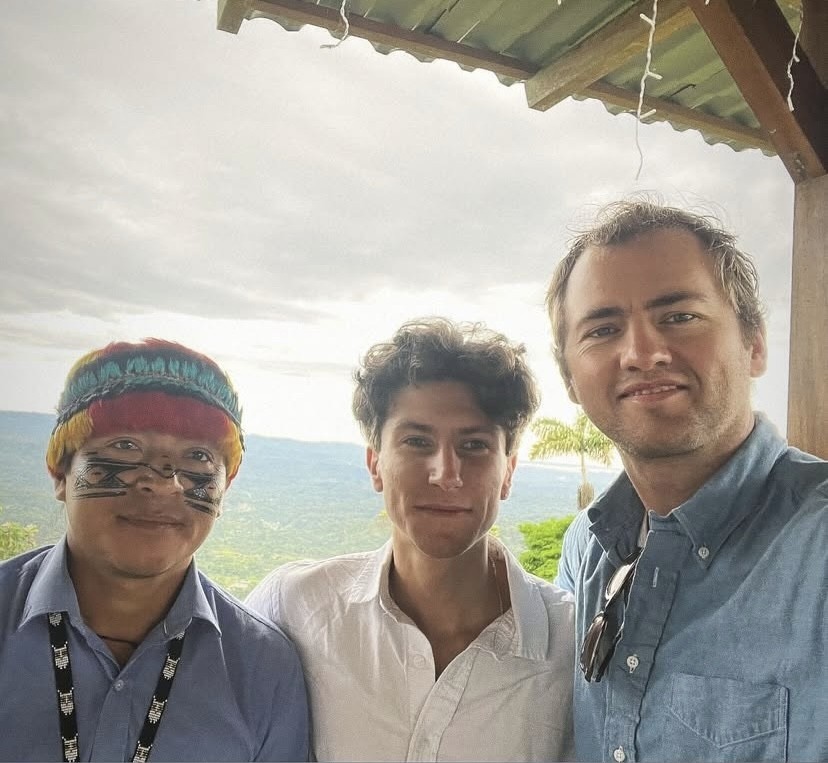What Rousseau and Nietzsche Can Teach Us
By Tom PorterApart from being “brilliant writers” and “pretty strange guys,” Jean-Jacques Rousseau and Friedrich Nietzsche do not appear to have a lot in common as philosophers, says Barry N. Wish Professor of Government and Social Studies Paul Franco. So why did he choose to write a book about them?
“Not only do they belong to different centuries, they also seem to inhabit entirely different mental landscapes,” observed Franco in his inaugural lecture as Wish Professor, delivered on October 19, 2021, and titled “Rousseau, Nietzsche, and Modernity’s Discontent.”

“Rousseau writes his greatest works at the height of the eighteenth-century French enlightenment,” he continued, “while Nietzsche composes his at the end of the nineteenth century, when the enlightenment dream of scientific progress and cosmopolitan liberalism was beginning to show significant cracks.” Nevertheless, said Franco, both philosophers produced radical critiques of modern life that are still relevant today.
Paul Franco’s most recent book, Rousseau, Nietzsche, and the Image of the Human, was published in September 2021 by University of Chicago Press.
He was appointed the Barry N. Wish Professor of Government and Social Studies in April 2020.
The lecture was organized by Bowdoin College's Office of Stewardship.



